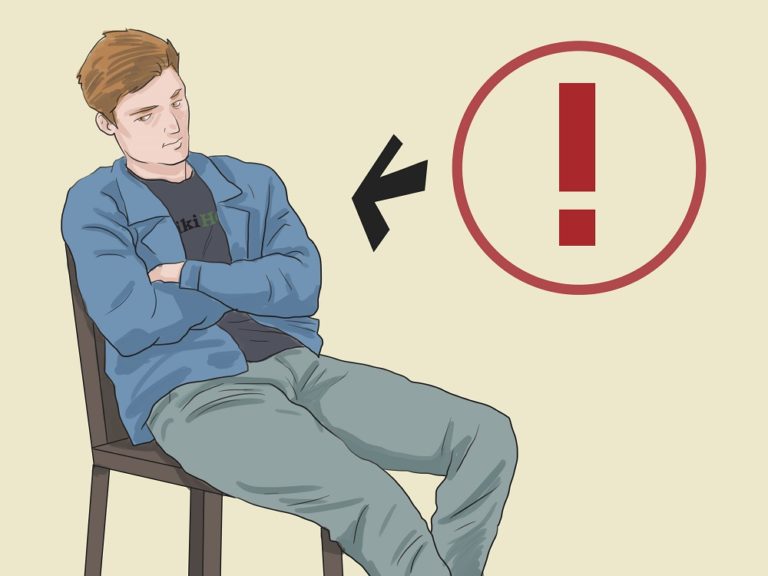Your terrific CV has passed through the optical character recognition software (OCR) or the applicant tracking system (ATS). You passed the first interview having followed our 5 Top Tips on how to prepare for an interview, you passed the second interview, and here you are on your first day in the job.
Here are the perfect tips on what to do next. Needless to say Tip no. 1 from 5 Top Tips on how to prepare for an interview was not to be late so we won’t repeat that here (just to be sure, don’t be late, don’t be late, don’t be late).
Tip no. 1 – Posture and body language
At interview everything is about body language and first impressions. The same applies to your first day but with a difference. At interview you only had to convince the interview panel of perhaps a maximum of 5. You rehearsed in the mirror; you had 5 friends grill you as interviewers; and you knew the format, which is pretty standard. But the first day in a job is very different. You might be in a small department or business of just 5 or 10. You might be working in a department of 25 or 35.
Have an open posture – upright; don’t slouch (can you hear your mother?); keep your head up. Walk forward to greet people with confidence.
When you meet someone, say your name and if they don’t say who they are, ask. Then see Tip no. 4.

Tip no. 2 – What to say and what not to say
However tempted you are do not keep talking about your previous job. You were great, you did a lot of good work, you had great friends, or the opposite of all of those things. But you are here now; you need to focus on this job. Whatever happens, do not talk about how you were fired or made redundant. Yes, it happened; yes you can mention it once, but you are here now and this is going to be your success story not your back story.
If you have qualified with the Professional Business Diploma from Oxford Media & Business School, or in any of your previous jobs, you might have experience at doing something a particular way. It is unlikely that your new colleagues will carry out those tasks or use the same systems in exactly the same way. If they do, then you are on a winner. Certainly say that you have experience in these systems – your colleagues will be pleased – but do not say that your way is better. You will be able to contribute your expertise when the time is right but not on your first day.
There will be times during the day when you are keen and enthusiastic and are jumping up and down with your hand up itching to tell everyone your ideas and what they should and shouldn’t do. That’s fantastic, but for now, know when to say nothing. Keep all those fantastic ideas for tomorrow or next week or when you are asked to roll them out. New colleagues might feel your tidal wave of enthusiasm and interruptions slightly overwhelming.
Whatever happens, don’t make any personal comments or observations, positive or negative, about your new colleagues until you know who they are. That person could be your bosses’ boss, an inspector, a valued client, a team member with a brain the size of a planet but no fashion sense, or a fashionista who needs to knuckle down a bit. 
Tip no. 3 – Listen and learn
Bring a notebook. That sounds a bit strange, after all you might not have used one for years and anyway, you have a device in your hand that can record anything you need to know. Nonetheless, bring a notebook. You will have an overload of information which you will need to be able to store and retrieve but will never manage to if you don’t listen and learn. Keyboarding your phone will make you look as if you are texting friends, or ordering your shopping. Taking hand written notes shows that you are paying attention.
Take a note of everyone’s names and what they do. Not necessarily when they are introducing themselves but not long after. Your new colleagues will be surprised and pleased when you greet them by name the next day. Make a list of the departments you will work with or the projects you will be working on. Obviously, it is unlikely you will be given all this information on the first day but this an opportunity to start.
Tip no. 4 – Office etiquette
This is a minefield but this is all part of Tip no. 3 – Listen and learn. Some things you will be told, others you might find out the hard way. Things to look out for; windows – open / closed. Air conditioning – on / off. Biscuit tin – everyone / department only. Mugs – this will be a huge issue until you settle down as an established member of staff. Washing up mugs will be even more important. Phone calls – speaker on / speaker off. Private calls – yes / definitely no. Checking your phone during the day – yes / definitely no. Relaxed arrival / departure times – yes / no. Eating food at your desk – yes / definitely no.
Watch and learn.
Tip no. 5 – Don’t make plans for your first day
This is quite important. You don’t know the office etiquette yet (Tip no. 4) so you don’t know if everyone is straight out of the door at the end of the shift / working day. You should obviously not stay later than your supervisor or work colleagues – that would be a bit creepy – but equally you won’t know whether you would be expected to stay a bit after the finish time.
As a result, it is important that you don’t have to pick someone up somewhere because you might be late. A big no no would be to say you’ve got to go early to pick up the kids. Arrange for someone else to collect them on that first day so if colleagues chat at the end of the day you are not twitching and looking at your watch.
Lunch is another plan. If you used to take a packed lunch in your previous job you might want to think about what to do at your new job on your first day. Considering Tip no. 4 you won’t know if eating at your desk is okay or whether you need to find a park nearby. It would possibly be a good idea to pack a discrete sandwich in case Tip no. 4 works out, but equally if colleagues ask if you would like to nip out with them to the local café to get a sandwich, go with that rather than say “thanks but no thanks”. Success or wasting a sandwich? No advice required here.
You will be nervous, you really want this job and this could be a great step in your career, and it could be fun! Enjoy yourself.
Oxford Media & Business School offers a 9-month Professional Business Diploma for ambitious students who want to start their career within 3 terms rather than 3 years; for students who are looking for a practical and positive Gap Year in Oxford; and for university graduates who want to add these skills to their academic qualification.